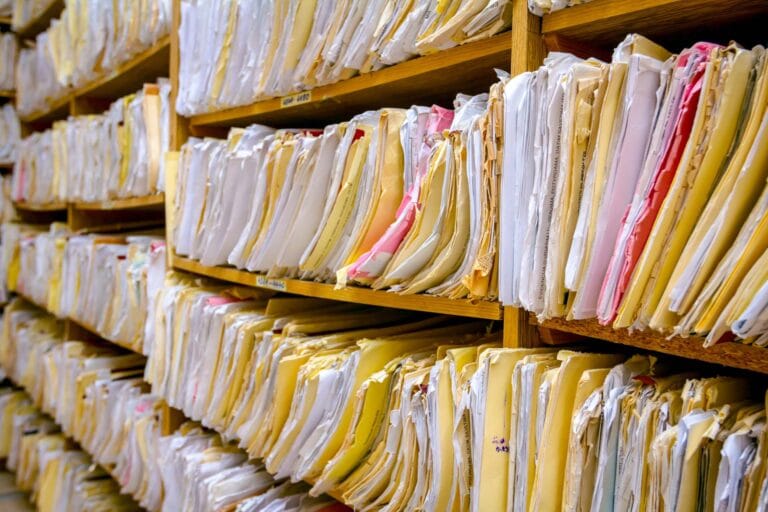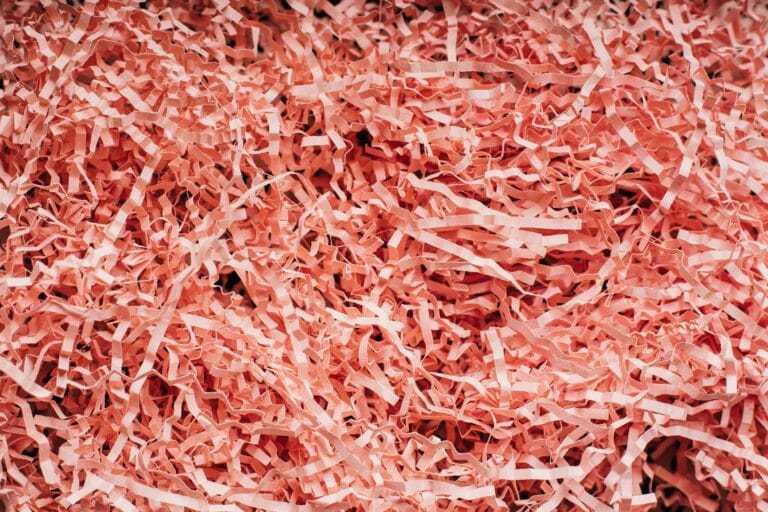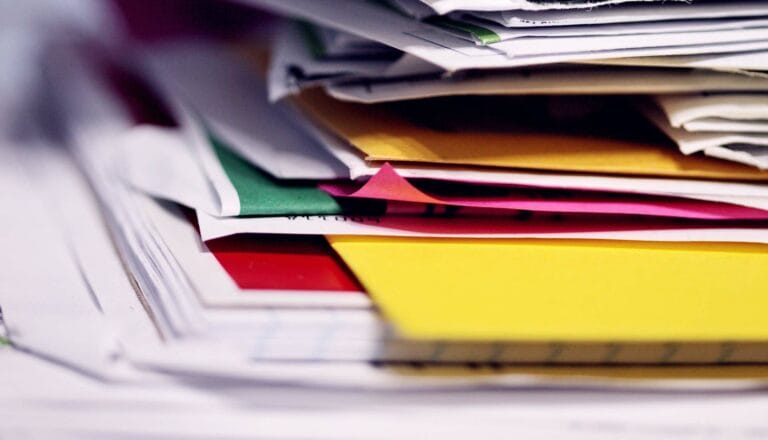How to Dispose of Old Tax Returns
Now that tax season has arrived, it’s time to get serious about filing your return before the looming deadline. After all, corporate taxes can be a mess.
Another important aspect of tax season is deciding how long to keep tax returns, when to shred statements, and how to dispose of receipts. This article takes a look at methods for disposing of financial documents that are safe and legal.
If you’ve been debating how to deal with your old returns and other important tax-related documents as they pile up year after year, you’ve come to the right place to find solutions. Keep reading to discover insight into best practices for shredding out-dated paperwork.
What to Keep
Here’s a list of personal documents that you’ll definitely need to keep forever. Most of these might sound pretty obvious, and yet they’re still worth mentioning. They include social security cards, marriage licenses, birth and death certificates, military discharge papers, and bankruptcy documents.
Now for tax records and other financial documents you’ll need to keep. Hold onto bank statements and canceled checks for at least a couple of years, as well as student loan statements and investment statements. For tax returns and supporting statements, shredding them after at least three years should be fine.
Once you’ve decided what to get rid of, Marshall Shredding provides onsite service in order to make the process of frequent shredding as easy and convenient as possible.
How Long to Keep Certain Documents
House deeds and automobile titles will need to be kept for the life of the asset. Tax documents should be maintained for a minimum of three years, but documents such as monthly bills can be shredded as soon as they are paid. After all, you can always print out a summary of your accounts if they’re ever needed.
What to Scan & Convert to Digital
Another great tip is to scan and convert certain documents into digital format for easier storage and faster retrieval. This would be ideal for bank statements and pay stubs. It’s also recommended to digitize important items such as wills, deeds, and titles, and then keep the originals in a safe depot box.
What to Toss
Go ahead and shred any documents once they are no longer needed. Especially paper items such as receipts, bank statements, monthly bills, pay stubs, and other common documents that will serve no tax-related purpose going forward. These types of documents chew up storage space quickly and will have already been accounted once your tax preparation is completed.
Best Practices for Shredding
It’s crucial to never toss any type of financial documentation into the trash. After all, these documents contain tons of personal and corporate financial information that can be used to steal your identity and hack into important accounts. This is especially true for businesses that deal with millions of dollars in revenue and transactions, often on a weekly or monthly basis.
The key to securely disposing of tax records is to use a quality shredding service that will properly shred statements, tax return documents, and dispose of receipts using the most thorough and complete shredding methods available.
When & How to Shred Old Tax Returns
When it comes to shredding old tax returns, you can never be too careful. Fortunately, the tips contained here will help keep your company’s financial records totally safe and secure. It’s also a good idea to use security containers for storing shredded documents until the can be properly disposed of.
Click here to see the best questions to ask when selecting a paper shredding company.


















